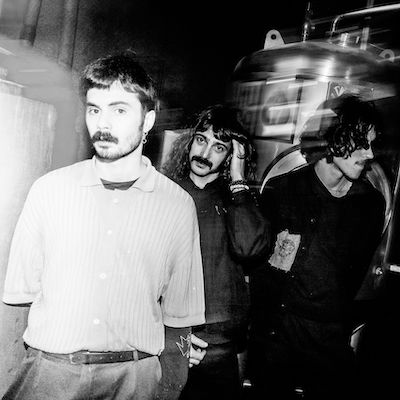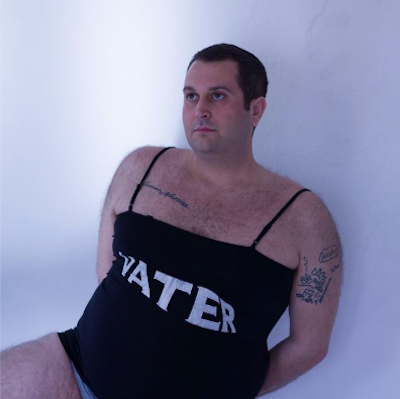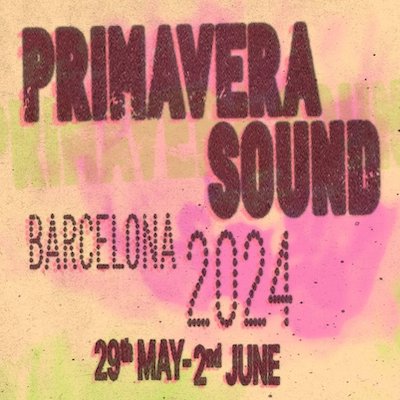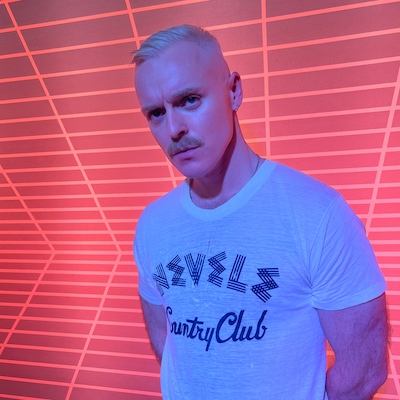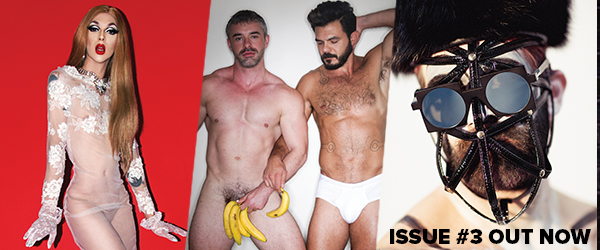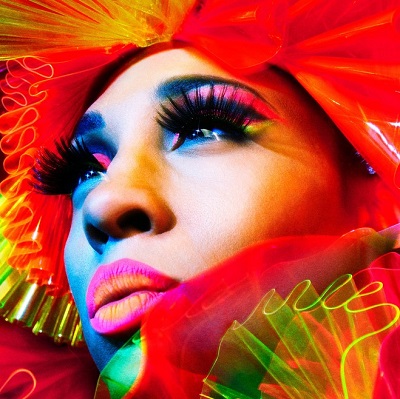
"Pose is the TV we need. Pose is the TV we deserve.
Ryan Murphy is the gift that keeps on giving. Gaga’s Studio 54 vampire in American Horror Story. Bette and Joan’s bitchy Feud. Darren Criss in tighty whities and now… Pose.
Pose is set in the world of the 80s drag ball. After a decade of Rupaul’s Drag Race, the language and visuals of drag balls has become mainstream in both the queer and straight worlds. But Pose takes us back to its raw, underground history when the drag pageants of the 60s and 70s grew into full scale queer gladiatorial battles and vogue moves were born on the dancefloors. Moves that were born from queer people of colour and to be famously brought to the mainstream by Madonna via voguers Luis and José.
In Pose we are introduced to drag balls and drag houses through the eyes of Damon (Ryan Jamaal Swain), literally thrown out of his home by his homophobic parents, living on the streets until house mother Blanca (Mj Rodriguez) adopts him into her newly formed House of Evangelista. This is exposition of drag balls 101 for anyone who didn’t grow up in that era or who hasn’t seen the documentary Paris Is Burning. For those whose only drag knowledge is Rupaul’s eponymous show, there will be a familiarity (‘Category is!’, ‘Such shade!’, ‘She’s been read!’) but their eyes will be opened to the hidden, glorious and raw past of the scene.
Mother Elektra Abundance (Dominique Jackson) runs her House by stealing ideas from her children and ruling with an iron fist. Blanca broke free from Abundance to found a new, rival house: Evangelista, named for the supermodel who ‘stole my style’. Blanca rules her adoptive children with tough love, nurturing, encouragement and a determination to provide a loving family for those who have been thrown out of their blood ones. In Elektra we have a villainess as wonderful as any Alexis Carrington (who, incidentally, she walks as in the Dynasty category at a ball). Along with this fabulous rivalry we also have adjacent storylines that are equally as powerful. Damon’s dance world ambition straddling ‘low’ and ‘high’ culture (the drag balls, street dance, a dance school and the ballet). The heart-wrenching romance between transwoman Angel (Indya Moore) and her John (Evan Peters) who says he wants her in his life (working at Trump Tower, living in the suburbs with his cis wife and two kids) because she is the only real person he knows.
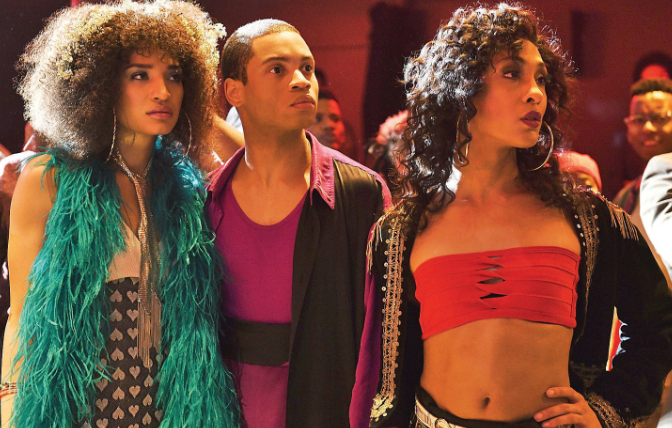
We’re in 1987 New York, a very particular time in queer history. AIDS had already devastated our community and although nearly twenty years of gay liberation has passed, transwomen and queers of colour are still segregated in the scene, most visibly in the bars. Despite transwomen of colour being the instigators of the Stonewall Riots, it is only relatively recently that trans people have been given a more equal seat at the table and racism and non-intersectionality has been an ongoing battle in most social movements. Of course, there’s still countless problems in our communities, still fissures and inequalities. We still have a lot of work to do.
Pose’s highlighting of this issue where we should be embracing our own and understanding what harm exclusion can do, not building a hierarchy to feel superior, is as essential as experiencing the joy of the balls, each move in a vogue battle, and the glorious costume and soundtrack of this outstanding show.
Although white, cis stars Evan Peters, Kate Mara and James Van Der Beek are listed first in the credits, they are supporting players (particularly Mara and Van Der Beek, so far). We can roll our eyes at this. I guess they are the ‘names’. But they are not the stars of this show. The stars are people of colour and, mostly, queer transwomen of colour. The show could have gone for a ‘with’ or ‘also starring’ type credit which gives respect to the seasoned thespians here whilst highlighting that this is a showcase for these ‘unknowns’ who are telling the story of people like them. Let’s take this in: all trans characters in the series are being played by trans actors. Although we’ve seen the likes of Alexandra Billings and Trace Lysette in Transparent and Lauren Cox in Orange Is The New Black, it’s still not necessarily the case that trans characters will be played by trans actors. Especially when they are starring and not supporting roles. This is fucking huge, darlings.
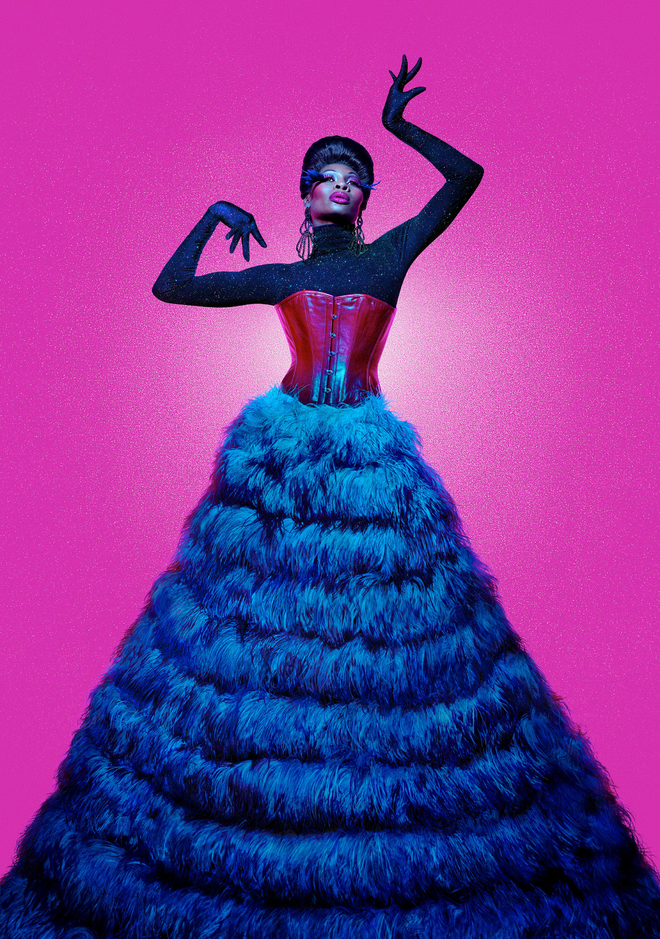
When I heard about Pose I was deeply excited. I had high hopes. I didn’t know that it would be quite this good. I fell in love with it immediately and had to re-watch it immediately. This show is essential. And it’s so good!
Where Netflix’s musical underground nostalgia series The Get Down dipped a toe into the queer side of 70s underground culture, Pose dives straight into the deep end and doesn’t come up for air. Pose is the TV we need. Pose is the TV we deserve.
Review by Fallon Gold



